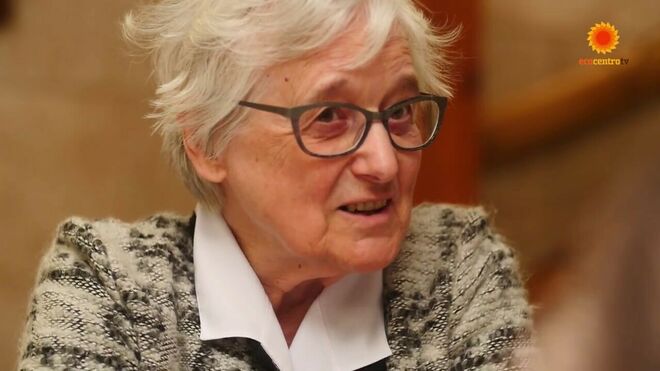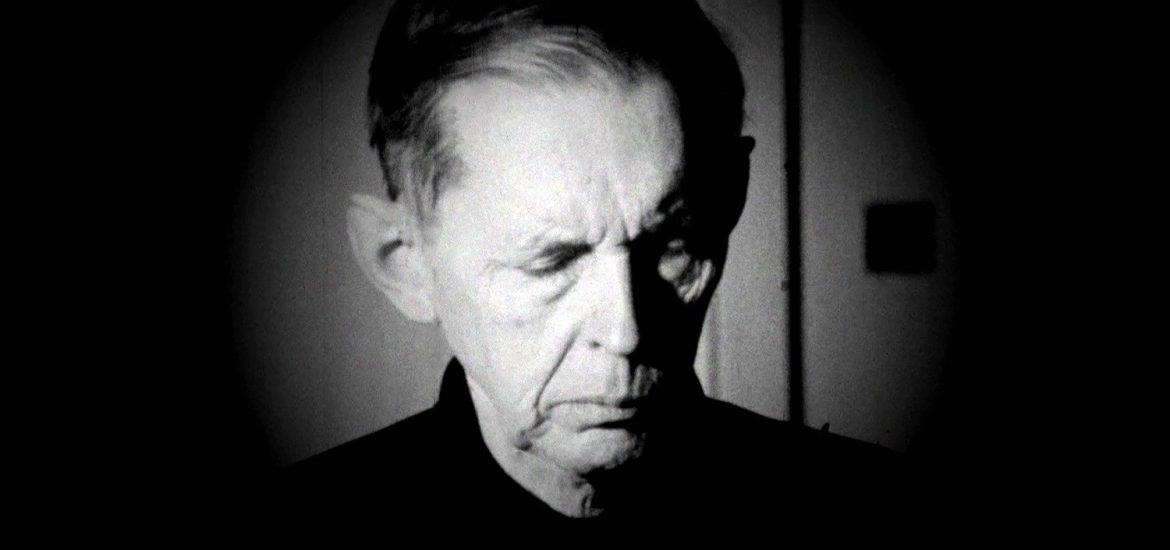I recently received unfortunate news. A Buddhist-Christian interfaith event organized by the International Centre for Teresian-Sanjuanist Studies (CITeS), The University of Mysticism in Ávila, has been cancelled. The event was supposed to take place in July 2020, before the pandemic forced the conference to be held on July 2021. After the recent surge in cases in Asia this year, the final postponed date of July 2022 has sadly spelled the end of this event. While it is extremely unfortunate that this important conference series has been kneecapped by the pandemic, its spirit lives on in future possible events.
Furthermore, much intellectual vitality remains for future possibilities. Much of this vitality lies in the speakers, scholars, and students that were to attend the conference. BDE was founded partly on this vitality, having been established a year after the successful first CITeS conference in 2017.
Dr. Daniel Millet Gil, BDE’s editor, has spent years studying the encounter and “in-between” space between Buddhist thought and Christian theology. In 2020, he steered BDE to interview Ana María Schlüter Rodés, translator of Hugo Makibi Enomiya-Lassalle (1898 – 1990). In her discussion with us, “Interview with Ana María Schlüter Rodés, Founder of Zendo Betania,” she explains the purpose of her group, Zendo Betania: “The meeting between Buddhism and Christianity is a historic event that is of great importance in our times. It is significant for the peace and good of humanity and the Earth. As in all real human encounters, Buddhist-Christian interreligious dialogue transforms both parties, without either losing their identity. They re-find it at a deeper level and it even ennobles them. For this reason, the Buddhist must really be Buddhist and recognize him or herself as such, and the Christian truly Christian, also recognizing him or herself as such.” The original Spanish interview is available as “Entrevista a Ana María Schlüter Rodés, fundadora de Zendo Betania.”

Enomiya-Lassalle was himself an extraordinary person, if not only because he exposed one of my favourite composers, Herbert von Karajan, to study Zen and allow it to inform his conducting. He was the leader of the Jesuits in Japan and learned Zen from Yamada Koun Zenshin (1907–89). In the late 1960s, he was certified a roshi in Yamada’s school of Sanbo Kyodan, also known as Sanbo-Zen International. After 1968, he led Zen retreats for Christians, hoping to cultivate the practice of zazen among them. A relatively small school, its influence on Christian Zen is indicative of three qualities of Buddhist-Christian dialogue today:
- Sanbo-Zen International is a relatively small school and not a mainstream representation of traditional Japanese Buddhism.
- Christian Zen has historically meant specifically Catholics practicing aspects of Zen, with little indication of the other way round (Zen Buddhists practicing aspects of Christianity).
- Christian Zen’s foundational theology is based on the Catholic mystic tradition, including Saint John of the Cross and Saint Teresa of Avila.
These foundational characteristics have meant that the most prominent presence advocating Buddhist-Christian dialogue is not in the mainstream of either Catholic or Buddhist practice. Perhaps inroads to interreligious dialogue, in particular Buddhist-Christian studies, would inevitably come from a perspective that is both “outsider” and “in-between” – able to navigate the life-worlds of both Catholics and Buddhists.
We shall explore a tapestry of richer possibilities that involve both Buddhists and Christians. Our priorities perhaps involve answers to the above three points:
- Mainstream Buddhism need not fear engagement with Catholic ideas if the latter are presented in good faith and for dialogue.
- Zen Buddhists have much to learn from Christianity and, more generally, thinking theologically.
- How can mystic thought, especially Christian mysticism, inform mainstream Catholicism in Buddhist-Christian dialogue?
These questions are explored in some of BDE’s published feature articles, which I will be highlighting in our next post.


